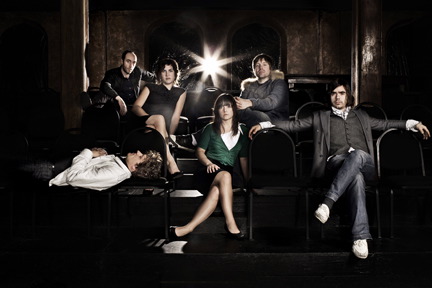
Interview: Young Galaxy, Part One
Young Galaxy is a core of three musicians, Stephen Ramsay, Catherine McCandless and Stephen Kamp. Their album, Shapeshifting, is all about transformation and changes, highly reflective when you reflect back on the rest of their discography. We had a chance to chat with Stephen Ramsay for a bit about the new album, Montreal, and their uncanny, unconscious ability to make music video producers into feature film makers. Shapeshifting is out February 8th on Toronto’s Paper Bag Records. Stay tuned for part two later this week!
So how’s Montreal these days?
[Stephen Ramsay] Oh pretty good. It’s great. It’s a great city, it’s a fun place to live. It’s got a lot going on. It feels like a small town and a big town combined, so you have the best of both worlds. It’s sort of village-like because it’s an old city so every neighborhood is distinct. They’re self-contained because things were more locally oriented when they first built the city. You always feel, even when you’re living in the heart of the city, you feel like you live in a village in a way. So you get the best of both feels.
And yeah, as a place to be living as a creative type, I think it’s really great because the cost of living is pretty low. It’s a very supportive community. Most of the predominately English-speaking people know each other, especially in the arts community. For instance, if you come here and you need to put together some work, you gotta find a way to pay your rent, somebody might know somebody who’s got a part-time job. Everyone’s kind of on the hustle and looking out for each other here, so it’s good that way.
The rest of your time, you don’t have to spend 60 hours a week working like you do in a lot of big cities. And then try to shoehorn time for your own creative endeavors in there somewhere. In a way, you always have time to devote to your creative projects here. When I lived in Vancouver or London, I couldn’t do what I do there. There’s no way. I’d be too busy trying to make a living. [laughs] There’s kind of a bohemian feel as a result.
Is it like that on the plateau?
Yep, it’s like that on the plateau. The plateau kind of got gentrified. It’s the famous neighborhood, but things are moving north. The people who have lived here a long time, or are more well-established artist types in the city have moved north into an area called Mile End. Mile End is the outskirts of the plateau and the new hipster area, the Williamsburg if you will of Montreal. And beyond that is Little Italy and that’s becoming more of a popular place to be too. You have a lot of choice in Montreal, there’s a lot of distinct neighborhoods and pockets of cool neighborhoods to go to if you want to. It’s basically up to whatever your whim is in terms of where you want to live. It’s cool.
Does the anglo and French community mix creatively or is it separated?
They are distinct from each other, but they aren’t exclusive towards each other. They don’t totally exclude each other. I think having French would open up a whole different world. In Quebec, for a musician, there’s one of the largest record buying publics left in the known world! You can still have a career in music just based on having an audience in Quebec. There’s artists here that sell upwards of a quarter million, half million records just in Quebec that you have never heard of because of the French language. It’s still very geared towards the record-buying public. People still buy records. So that’s not an easy market to crack because you have to have French, fairly fluent French and for us, most of us are kind of-particularly Catherine and I don’t speak French. So we don’t have access to that world. But you look at the most recent Polaris prize winning band was called Karkwa, and they were a Quebec band. I think what’s happening is the olive leaf is being extended into both camps by each other to try and get more involvement. They recognize that there’s a lot of very high profile English and French acts from Montreal that don’t really exist in the same worlds. It would be great if they could somehow come together in a way. I think everyone’s just feeling it out how to do that.
We toured with a band called Malajube. It was nice, it was a chance to try to speak more French and see how the French music world works in Quebec. So it’d be nice to do more of that interaction that way. But generally speaking, people have their own distinct pockets they work from musically here.
Going to the album, when you start with “Firestruck” off Invisible Republic and go into Shapeshifting, it’s a complete shift creatively. Where did that come from?
I think it was the feeling we wanted to do something. We had an instinct that we wanted to reinvent ourselves even after we made the second record. The second record took a long time to make and was expensive. It was kind of laborious and it coincided with us leaving our label and deciding to go independent. We cut all our ties and we were deeply ensconced in making this record, which was taking a long time to do. We were doing it more as a band project then from the first record where we had a full band and could afford to do rehearsals and pre-production. We had the benefit of playing live by that point, which we didn’t before the first record. So it was a new, informed by other things.
But by the time the record was made, I felt there was this whole side of us musically that I wanted to explore, this whole intriguing other to what we were doing that wasn’t being represented in the records. Not because it was a willful choice, it’s sort of a blend of styles or genres that I was shooting for on the first couple of records didn’t pan out that way in part because of the way we made them. I always wanted to be modern-sounding, weirder-sounding. In the end, we made fairly epic records and very full-sounding hearkening back to other eras in music in some cases, like the 80s, the 90s and shoegaze. And that is one side of our influences.
The other side was one we just hadn’t explored yet. At that time, I had gone from listening to more rock’n’roll type music to-I had always listened to electronic and hip-hop music as well. But the record that defined that period for me that I couldn’t stop listening to was by a band called Studio. They’re a Swedish band and one of the members of the band, the main guy, Dan Lissik, was the guy who produced this record, Shapeshifting. I was really enamored with their style because it was a mix of genres, a blend of rock music, analog sounds and traditional rock sounds with a more electronic approach. To me, it sounded very timeless but very current. I liked that idea listening to it, thinking I don’t really know when this record was made. When I found out it was made that year, I was kind of surprised. But it’s a nice idea when you can kind of tell when a record is made that is very of the moment, production-wise, but it felt very timeless.
I went in hot pursuit of him and at that point, that’s when the real shift happened for me and the rest of the band because we started talking more about if we were to pursue Dan as a producer what would we sound like. What we concluded was that we kind of didn’t care what it ended up sounding like so much as we wanted to not do the same things we had done previously. In other words, to avoid our habitual ways of making music. The biggest way that we did that was we stopped filling all the space. We wanted to make a much more spacious record, a more sparse and something that could breathe that was very atmospheric. Not atmospheric because it was full of sound, but also because of the absence of sound.
I also really hate the idea that bands always say, “This is going to be our big change in direction record!” and then you hear it and it sounds just like them but with a few extra keyboards in it. And that drives me nuts. So I felt like, if we’re really going to do this, we’re going to have to push the boundaries of what it means to make a big change to reinvent ourselves. To me, I think that process was really valuable because I think it made me feel, for once, like a real artist. Maybe it’s a Canadian trait, but we’re sort of apologetic about being artists in a way. It’s sounds a bit pretentious maybe but what I realized was in a process of doing something creative I feel like it’s very important to find where your comfort zones are and really work to push through them. That’s what we did, we managed to accomplish that on this record. As a result, we don’t really know where we’re going yet as we feel we are standing on the precipice of something creatively as opposed to a place that’s very recognizable. That’s exciting cause hopefully that means that everyone will hear that and say, “Well, here’s a band that’s worth following because we don’t really know what’s going to come next.” It becomes much less predictable and more exciting for everyone.

I actually started listening through this album, then went back to Invisible Republic and I was really shocked at the difference.
That’s good! Shock is good! [laughs]
It’s seems tricky for bands to do creative shifts and do it so well.
I guess but the impetus for it was the feeling that our instinct was by trying something new and pushing our boundaries we would be very satisfied creatively. It’d be an exciting process. But beyond that, with Dan’s involvement, I felt like I was coming at from a place of true fandom. Whenever I approach things from a place of inspiration or feeling real inspired by someone else’s art, feeling like I’m collaborating with other people, musically or visually, it’s always really exciting. I don’t know there would be anyone else that I would give this record so freely to than Dan, because I just felt really connected to what he was up to creatively. I really trusted him based on his own output. I felt he made great choices and is a great player. It felt natural. It felt like an exciting thing to do, the only thing we could really do because it felt like it was just staring at us in the face like, ‘This is exciting, you need to do this!’ as opposed to ‘What are we going to do next?’ So it felt like all the signs were pointing in a very specific way to this reinvention.
“Cover Your Tracks” and “Phantoms” has this weird tropical feel to it. Where did that come because I don’t know of many beaches in Montreal or have heard of them?
Part two of our interview is coming up shortly! Stay tuned!
Founder, Editor, Writer, Photographer. (Austin, Texas)
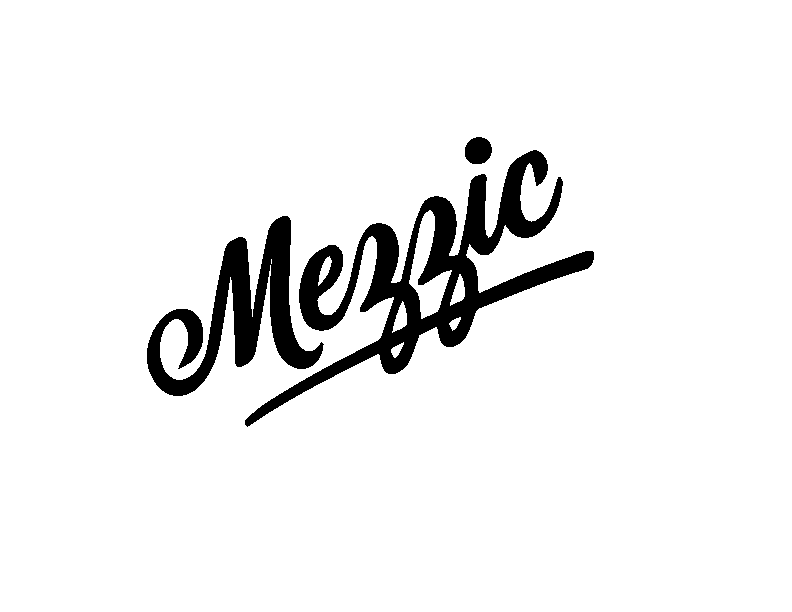
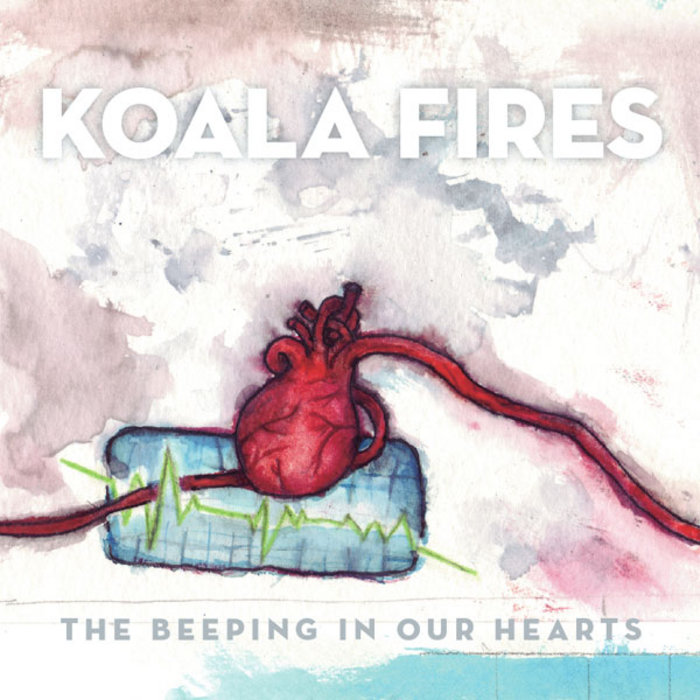
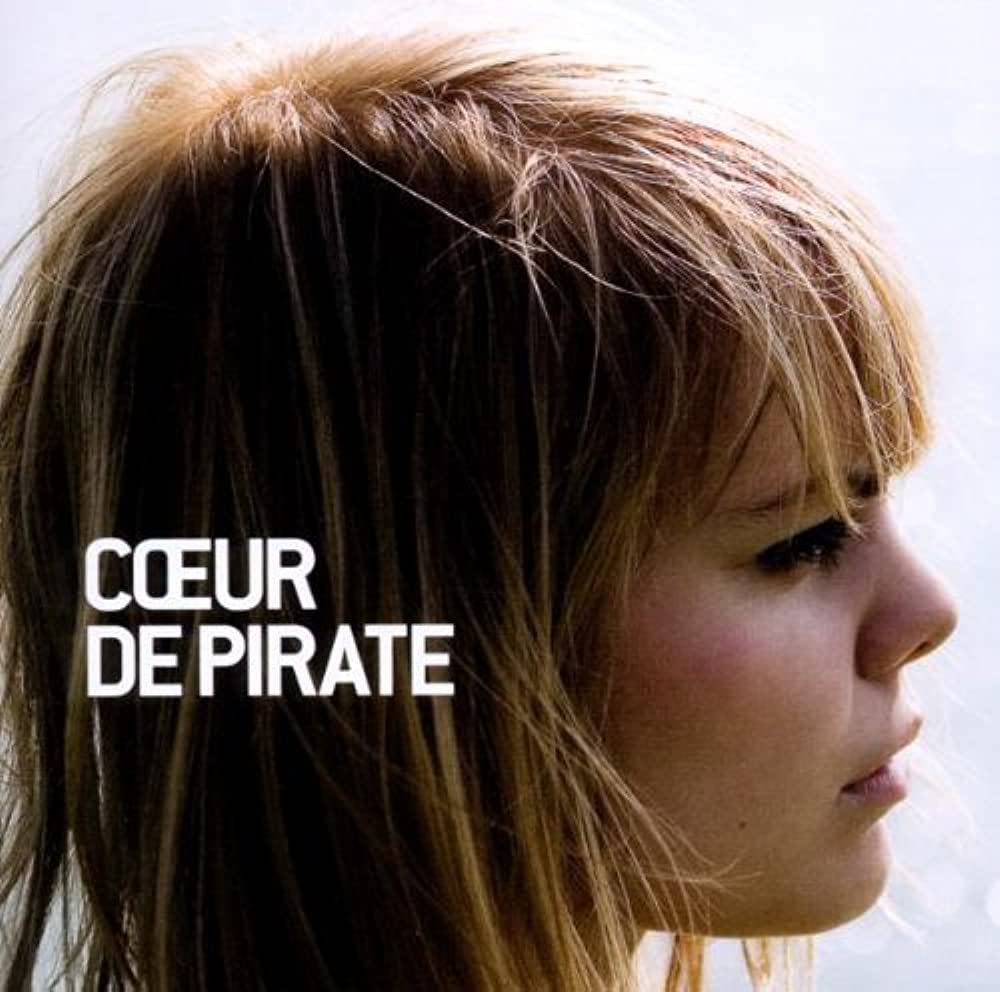
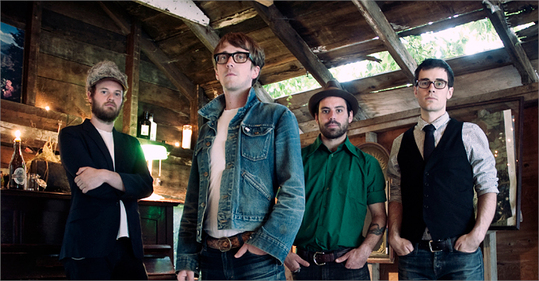
Post a comment